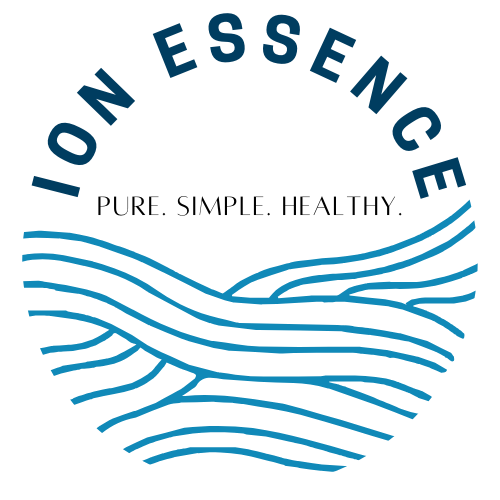Introduction to hydrogen water
The topic of hydrogen water and its purported benefits has sparked considerable debate within the health community. Hydrogen water is essentially regular water into which additional hydrogen molecules have been infused. Proponents claim that due to its antioxidant properties, it can counteract oxidative stress and thus offers numerous health benefits. This article delves deep into the scientific heritage, trials, and reviews associated with hydrogen water.
Understanding the science behind hydrogen water
Hydrogen water relies on the premise that the infusion of hydrogen gas (H2) into water increases its anti-inflammatory and antioxidative properties. Research suggests that when hydrogen molecules are dissolved in water, they act as potent antioxidants by neutralizing free radicals in the body thereby providing protective cell benefits. Several clinical trials have attempted to verify these claims, focusing specifically on how H2 interacts with various bodily functions under stressed conditions.
Clinical trials and evidence
A number of clinical trials have been conducted to assess the efficacy and safety of hydrogen water. For example:
- A 2017 study published in the 'Medical Gas Research Journal' observed the effect of hydrogen-rich water on reducing liver fat accumulation in patients suffering from Metabolic Syndrome.
- An earlier trial in 2010 examined the potential for hydrogen water to improve mood states, demonstrating significant improvements compared to placebo.
Antioxidant properties dissected
In the discourse surrounding functional beverages, the antioxidant properties of hydrogen water often emerge at the forefront. Antioxidants are crucial as they combat oxidative damage—an underlying mechanism in aging and many diseases. Notably, hydrogen ranks among the lightest and smallest molecules capable of reaching cellular compartments ignored by other antioxidants, potentially offering unique advantages. The primary challenge scientists face is quantifying and understanding how exactly this translates into tangible health benefits. Various laboratory experiments have shown hydrogen's ability to reduce markers of oxidative stress and inflammation but translating these findings into human-use scenarios has proven controversial.
The responses of the medical community
The medical and scientific communities have offered mixed responses to the use of hydrogen water. While some experts point out the reasonable biochemical basis for potential benefits, others show skepticism citing insufficient data from relevant human studies supporting robust health claims. The general consensus at current seems to lean towards cautious optimism, urging ongoing investigation before adopting widespread endorsement of hydrogen water.
Practical applications and public perceptions
On the market, hydrogen water is showcased not only through bottled forms but also via emerging technologies allowing for hydrogen infusion at home. Given its non-invasive nature, hydrogen water has cultivated an engaged following amongst health-conscious consumers seeking every advantage in their quest for wellness. However, consumer response varies widely:
- Some users advocate markedly increased energy levels and accelerated recovery times post-exercise.
- Others report minimal to no noticeable effects, questioning the value versus cost of continued consumption.
Systematic review protocols and future research directions
The integrity of any systematic review on hydrogen water depends fundamentally on the quality and protocol of the research being analyzed. Protocols should be meticulously designed to account not only for control elements like placebo and blinding but also for the variables specific to different demographics impacted by hydrogen therapy.
Future research needs to emphasize longitudinal studies involving larger populations to substantiate the preliminary successes observed in short-term, smaller scale trials. In addition to considering biological impacts, studies should also explore psychological and situational factors influencing efficacy, aiming to build a holistic understanding of hydrogen water's role in human health.
Commercialization and marketplace dynamics
With a growing trend towards natural and preventive healthcare solutions, the commercial potential of hydrogen water continues to expand. Companies marketing these products capitalize heavily on the element's novel appeal and perceived health benefits, contributing prominently to the beverage’s placement within specialty wellness and fitness circles. This commercial push, however, warrants skeptical scrutiny until stronger empirical support is available, guiding consumers rightly concerned about product efficacy and worth.

